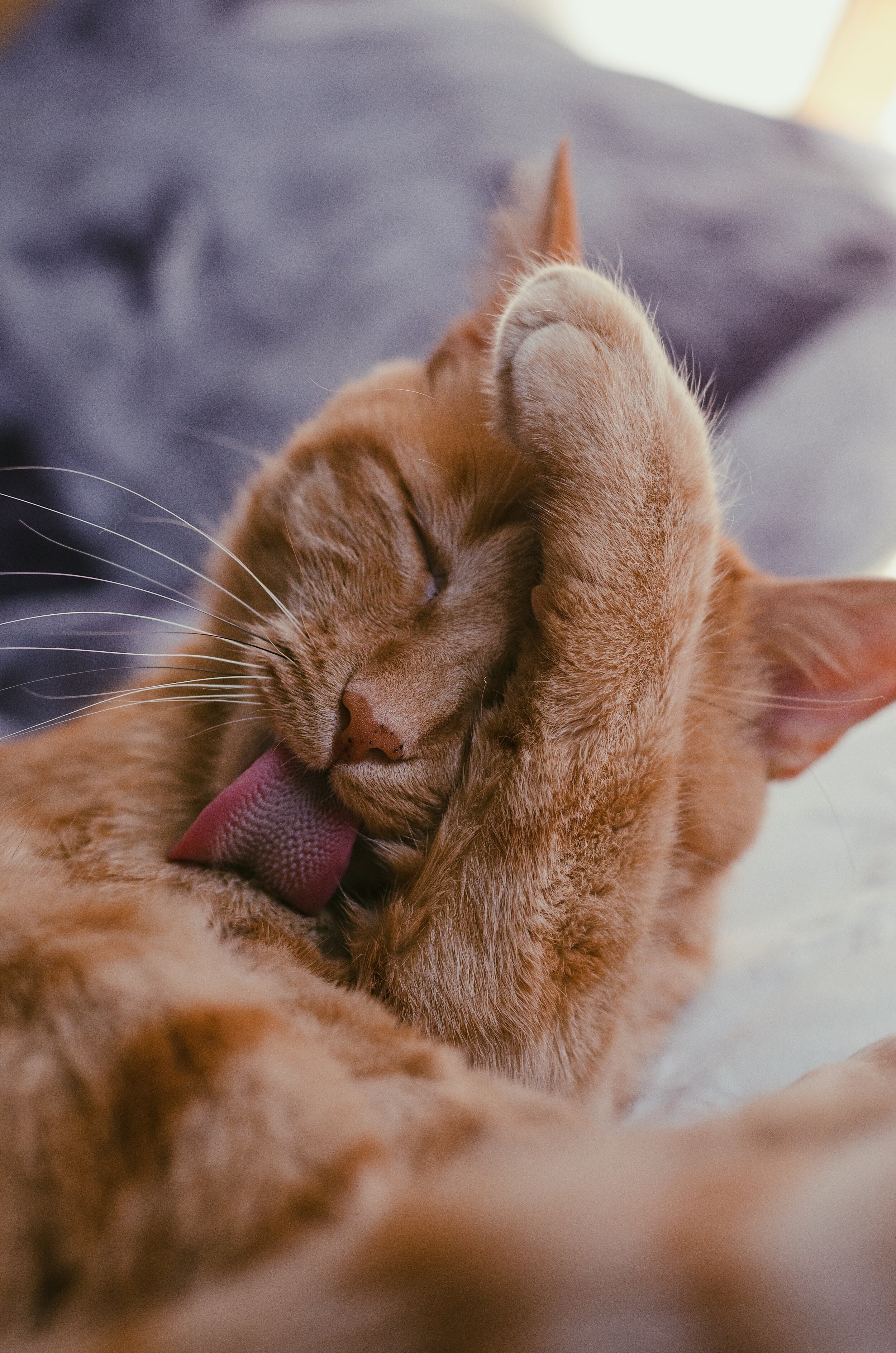Breaking the scratch, lick, chew cycle
We all have to scratch an itch sometimes and that’s completely normal. However, when your pet is compulsively scratching, licking or chewing to the point of wounding themselves or creating raw and inflamed skin areas it requires special attention.
Reasons why pets compulsively scratch, lick or chew
Your pets can compulsively itch for a variety of reasons, with the most common causes being parasites, infections and allergies:
Parasites – parasites such as fleas, ticks and mites are a common cause of compulsive itching. Just because you can’t see them doesn’t mean they aren’t there! Whilst ticks are quite visible to the naked eye, often large infestations of fleas are present before they become noticeable. Mites are microscopic, which makes them difficult to see. Prevention is always the best medicine and the good news is that there are a number of parasite treatments available. Parasites are the first possible cause your vet will seek to exclude.
Infections – bacterial and fungal infections can cause your pet to itch. Excessive scratching, rubbing and licking the face or feet are common in animals with concurrent yeast or bacterial infections. If such an infection is suspected, your vet will often prescribe antibiotics.
Allergies – a common itchy skin condition in pets is atopic dermatitis which is an inflammatory condition caused by a reaction to allergens in the environment. A wide range of allergens can trigger symptoms including trees, grasses, pollens, dust mites, insects and mould spores. Allergies can also be related to food, pesticides and soap.
Pain – if you notice your pet paying attention to a particular area it is worth taking a closer look. They may have been stung by a bee or stood on something sharp that is lodged in their paw. Pets can also chew or lick particular areas in response to orthopaedic problems such as arthritis.
How to treat a pet who is compulsively itching
Successful treatment depends on the underlying cause. There is a wide range of possible reasons your pet is compulsively itching so it is worth visiting your local vet to diagnose and manage your pets skin condition. Our vets will conduct a thorough physical examination of your pet, in conjunction with gathering a full history of your pet’s conditions. Our vets can then suggest the best course of treatment options for your pet’s symptoms.
If you require more information about your pets compulsive itching, please give us a call on 03 8784 4444.


